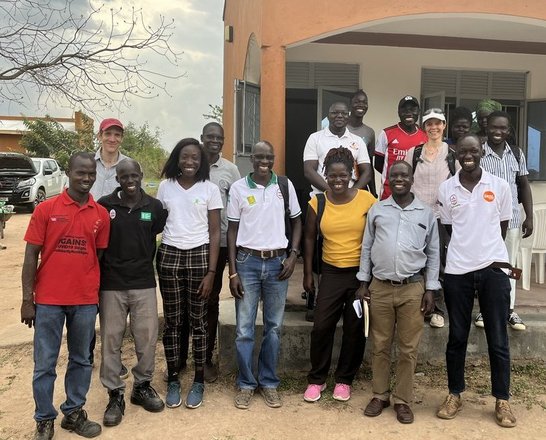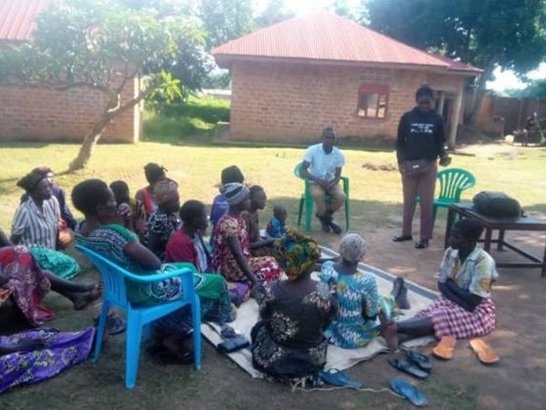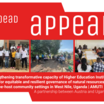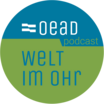Strengthening transformative capacity of Higher Education Institutions for equitable and resilient governance of natural resources in refugee-host community settings in West Nile, Uganda | AMUTI

Project Coordinator: Clement Okia
Coordinating Institution: Muni University
Partner Institutions: University of Natural Resources and Life Sciences, Vienna, Austria (Stefanie Lemke and Lorenz Probst) and PALM Corps, Uganda (Anyanzo Thomas Abbey)
Partner Country: Uganda
Project Duration: 1 March 2023 – 28 February 2027 (48 months)
Budget: EUR 514.388,34
Project Overview
The influx of refugees in the West Nile region of Uganda has resulted in pressure on natural resources, creating tensions in refugee-host communities. Since the communities’ livelihoods are natural resource-based, there is urgent need to transition towards equitable and sustainable utilization and development. The governance and management of land, soil, water and energy sources are of particular importance to achieve this. Accordingly, AMUTI aims at “Strengthening transformative capacity of Higher Education Institutions for equitable and resilient governance of natural resources in refugee-host community settings in West Nile, Uganda”. Conceptually, the project is framed as a “holding environment”, in which higher education institutions and refugee-host communities jointly increase their capacities and explore new, more equitable and resilient ways of governance and management of natural resources. This will enable deeper insights into structural causes of inequality, and the social roles and norms ascribed to women and men, challenging and transforming these gendered roles and norms. AMUTI will increase the partner institutions’ capacity in teaching, community engagement and research, and facilitate co-learning processes with communities on the governance of natural resources and the sustainable use of soil, water and energy sources.
The acronym “AMUTI” means “working together” in the local language Lugbara, reflecting the guiding principle of this collaboration.

Project Focus Areas
AMUTI will focus on:
- Curriculum development and capacity building
- Learning opportunities for students
- Gender-transformative and intersectional approaches in natural resource governance in refugee-host communities
- Energy access for marginalized groups and sustainable use of renewable energy
- Sustainable management of soil and water in refugee-host communities
Innovative Approach
AMUTI is adopting a gender-transformative, intersectional and inclusive lens in all project-related and educational activities. Innovative co-learning formats bridge the divide between academia and local community actors, who will be involved in co-developing research methods. Educational activities and co-learning will be integrated in all work packages.
The Gender Action Learning (GALs) methodology will be deployed to address prohibitive gender norms that disadvantage and marginalize women in access to land and other productive resources to ensure food and nutrition security for all household members.
Reporting

Report on the 1st project year | (March 2023 - February 2024)
The AMUTI project stands as a beacon of hope and progress, dedicated to enhancing multidisciplinary and transdisciplinary capacities for sustainable natural resource management in Ugandan refugee-host communities. The first project year from 1 March 2023 to 29 February 2024 witnessed significant strides in the project's implementation, marked by robust initiatives, fruitful engagements, and promising achievements.

Report on the 2nd project year | (March 2024 - February 2025)
Over the past year, the AMUTI project has made remarkable progress in strengthening research capacity, enhancing institutional collaboration, and deepening community engagement between Austrian and Ugandan partners. As part of the APPEAR Programme, AMUTI brings together Muni University, BOKU University of Natural Resources and Life Sciences, Vienna and PALM Corps to advance transdisciplinary research and co-creation of knowledge in refugee and host community settings.



